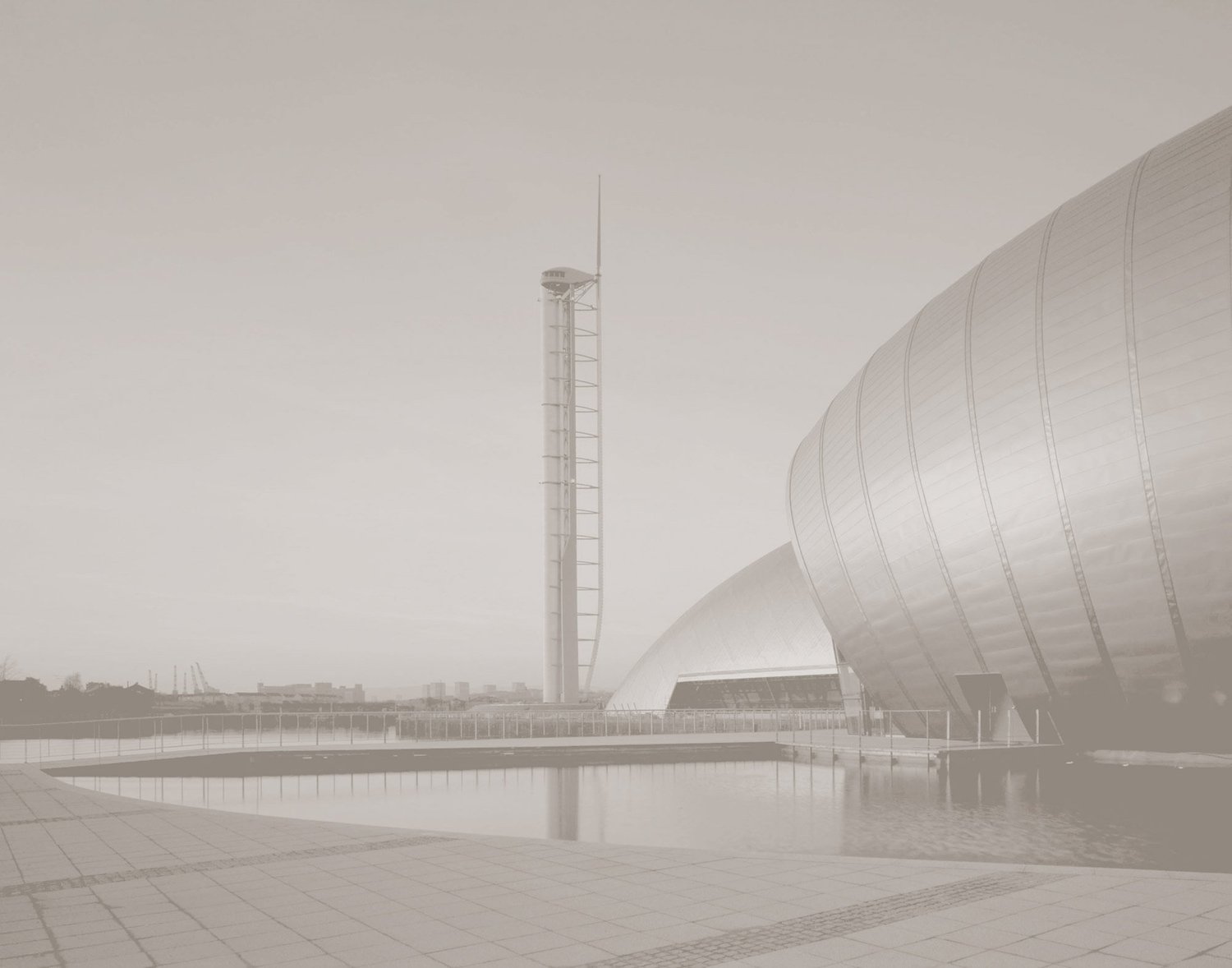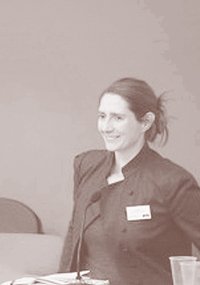why rethink museums?
Museums are often seen as static and backwards-looking, more concerned with the past than with the present and the future. While this impression is slowly changing, museums are not the most obvious subject to focus on when thinking about climate action.
The urgent challenges of a warming planet can seem quite distant from the contemplative world of museums. Climate change however is much more than simply an environmental or scientific concern. It impacts on all aspects of social, cultural, political and economic life, including museums. Questions of sponsorship, carbon emissions, waste, transport and the need for more sustainable buildings are currently being debated across the sector. At the same time, museums have an important role to play in communicating the climate crisis to the public. For many people they remain a trusted source of information, with the capacity to inspire real change in individuals and society. Far from being relics of the past, museums are increasingly called upon to help shape a more just and sustainable future for all.
This site gathers together a range of thinking about how museums might address the challenges of a warming world. Divided into three sections - Rethink, Reimagine and Mobilise - the site includes research material from the project team, a suite of concepts imagining possible museum futures in the climate change era, and key resources to inspire radical climate action in the sector and beyond. More material will be added to the site in the run up to COP26, the United Nation's Climate Change Conference, which will be held in Glasgow in November 2021.
The project began life as a design and ideas competition, launched on International Museum Day 2020. Responding to the two main pillars of climate action - mitigation and adaptation - the competition asked how museums could help society make the deep, transformative changes needed to achieve a net-zero or zero-carbon world. Rather than focus on a specific location or type of museum, the competition invited proposals that aimed to unsettle and subvert the very foundations of museological thinking to support and encourage meaningful climate action. We specifically asked for design and concept proposals that were radically different from the ‘traditional’ museum, or that explored new ways for traditional museums to operate. The responses, which could address any aspect of museum design and activity, ranged from the fantastical to the highly practical. You can see a selection of these concepts in the Reimagine section of the site, or download the original competition brief here:

Glasgow Science Centre
Following the competition, eight teams were invited to develop their ideas for an exhibition at Glasgow Science Centre, the official 'Green Zone' for COP26. The exhibition is integrated within the Powering the Future display at the science centre to highlight the crucial role cultural institutions have to play in shaping the world of tomorrow.
Project team
Rodney Harrison
UCL Institute of Archaeology
Rodney Harrison is Professor of Heritage Studies at UCL Institute of Archaeology. From 2017 to 2020 he was the Arts and Humanities Research Council (AHRC) Heritage Priority Area Leadership Fellow.
Colin Sterling
University of Amsterdam
Colin Sterling is Assistant Professor of Memory and Museums at the University of Amsterdam. From 2019 to 2020 he was a UKRI/AHRC Innovation Fellow at UCL Institute of Archaeology.
Henry McGhie
Curating Tomorrow
Henry McGhie is the founder of Curating Tomorrow, a UK-based consultancy supporting museums and their partners to contribute to sustainable development agendas. He is a member of the International Council of Museums Sustainability Working Group, IUCN Commission on Education and Communication, and UNFCCC Education, Communication and Outreach Stakeholders.
Rowan Gard
UCL Institute of Archaeology
Rowan Gard is a Research Fellow at UCL Institute of Archaeology. Her research is at the intersections of indigenous epistemologies and science, and investigates environmental degradation and climate change resilience, as well as the environmental and societal impacts of economic globalisation.
Janna oud Ammerveld
UCL Institute of Archaeology
Janna oud Ammerveld is a PhD student at UCL Institute of Archaeology. Her research investigates how climate change is being engaged in the work of a variety of heritage managers and policy makers in a number of different countries.
Robin Hoyle, Jenny Templeman, Graham Rose, Emma Woodham
Glasgow Science Centre
Glasgow Science Centre is one of Scotland’s most popular visitor attractions. It is an educational charity that inspires and motivates people to engage with science. Its vision is a Scotland where all people feel empowered through learning and engagement with science to make positive differences in their lives, their communities and to society as a whole. Glasgow Science Centre’s values are to strive for excellence, to be inclusive, innovative and collaborative. Glasgow Science Centre is for all ages, genders, abilities and backgrounds. Its role is not to teach science, but to change the way that people feel and engage with science to build their social, cultural and science capital.
Competition jury

Miranda K. Massie
Director, Climate Museum

Asher Minns
Executive Director, Tyndall Centre for Climate Change Research and the University of East Anglia

Dr. Jenny Newell
Manager, Climate Change Projects, Australian Museum, Sydney

Lucia Pietroiusti
Curator of General Ecology, Serpentine Galleries

Peg Rawes
Professor of Architecture and Philosophy, Bartlett School of Architecture, UCL

Kavita Singh
Professor of Art History, School of Arts and Aesthetics, Jawaharlal Nehru University, New Delhi, India

Janene Yazzie
International Indian Treaty Council

Kristine Zaidi
Strategic Lead for Literature, Languages and Area Studies, AHRC
Supporters
This project has received funding from the Arts and Humanities Research Council as part of Rodney Harrison's Priority Area Leadership Fellowship (Grant No. AH/P009719/1) and Colin Sterling's UKRI/AHRC Innovation Fellowship (Grant No. AH/S00436X/1).